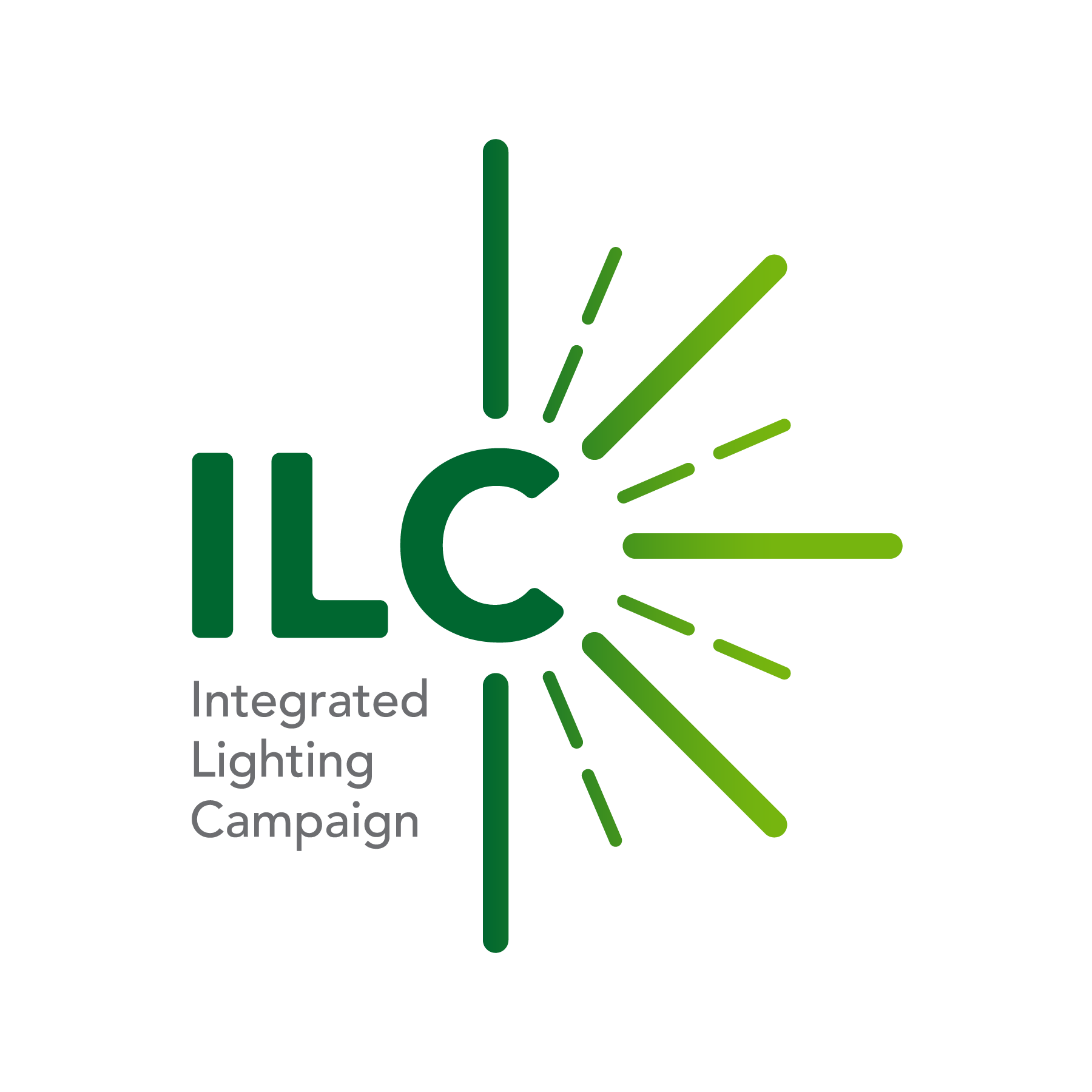
The Integrated Lighting Campaign (ILC) is introducing new participant and supporter categories for 2022. The categories reflect new priorities and a focus on equity and deployment, while continuing to recognize participants for exemplary projects in connected lighting systems under the original categories.
Participants of the ILC can now submit projects that use lighting in horticulture applications. The ILC is specifically looking for projects that connect lighting with heating, ventilation, and air conditioning (HVAC), water, or other systems to improve crop yield, optimize plant growth and health, or benefit sustainable greenhouse farming.
“Many people can benefit from applying lighting in service of better farming,” said Felipe Leon, lead for the ILC. “Natural light can be unpredictable, but we’ve seen a growing trend of resourceful horticulturists using advanced lighting controls to achieve desired crop results while increasing overall energy efficiency of their operations.”
Also new this year is a category dedicated to projects, both indoor or outdoor, that leveraged creative financing options to cover the costs of installation, maintenance, or ongoing operations of their advanced lighting systems. Examples of these include Lighting-as-a-Service (LaaS), utility incentives, energy conservation grants, or alternative third-party financing.
Leon said this category was introduced to bring awareness to the ways innovative financing approaches can help extend the product life cycle. With LaaS, for example, the provider owns the lighting system and maintains all aspects of lighting for the customer throughout the duration of the subscription contract. This eliminates high upfront costs for installation and also improves product end-of-life outcomes through reuse, recycling, and proper disposal of e-waste.
“Integrated lighting can have incredible energy and non-energy benefits, for the owner, the occupants, and ultimately, the environment, but the high upfront cost of installation can be a barrier,” said Leon, “we’re looking for building and facility owners that found creative solutions to get the project off the ground.”
For the supporter categories, the ILC will recognize Diversity, Equity, and Inclusion Champions, a special designation for organizations using advanced lighting in support of energy justice, as defined by the Department of Energy’s Office of Economic Impact and Diversity’s Equity in Energy Initiative. Specifically, the ILC will recognize projects, people, or organizations that support equitable outcomes for underserved communities, underrepresented groups, or minority-owned businesses.
“Everyone should be able to enjoy the benefits and comfort provided by better technology,” said Leon, “lighting provides a unique opportunity to improve the quality of life for those who need it most.”
Participants are also encouraged to submit projects to the “Other” category, which seeks to recognize other novel applications of integrated lighting, be it asset management, customer or occupant experience, grid demand response, or daylighting.
The new submission cycle will be opening soon. Visit the ILC website for a full list of submission categories and to pre-submit a project for recognition.